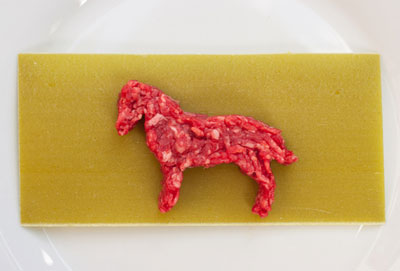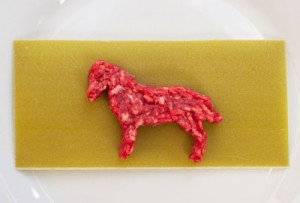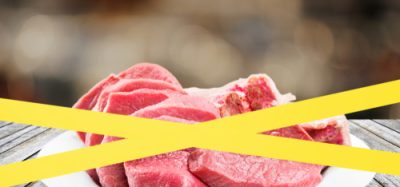Food science innovators urged to claim grants worth €3m to help fight food fraud
- Like
- Digg
- Del
- Tumblr
- VKontakte
- Buffer
- Love This
- Odnoklassniki
- Meneame
- Blogger
- Amazon
- Yahoo Mail
- Gmail
- AOL
- Newsvine
- HackerNews
- Evernote
- MySpace
- Mail.ru
- Viadeo
- Line
- Comments
- Yummly
- SMS
- Viber
- Telegram
- Subscribe
- Skype
- Facebook Messenger
- Kakao
- LiveJournal
- Yammer
- Edgar
- Fintel
- Mix
- Instapaper
- Copy Link
Posted: 30 June 2015 | Victoria White | No comments yet
The FoodIntegrity project is urging academics, research firms, SMEs and industry to come up with innovative research projects to help fight food fraud…


The EU-wide FoodIntegrity project, co-ordinated by Fera Science Limited (Fera), is urging academics, research firms, SMEs and industry to come up with innovative research projects to help fight food fraud – and qualify for a share of €3m in EU funding.


The grants are available to consortia with research and development ideas in four, key areas, each of which complement work currently being undertaken under the FoodIntegrity programme. These include:
- the standardisation and harmonisation of untargeted food integrity methods
- innovative approaches to assure the integrity of complex foods
- a feasibility study of how information can be shared along the supply chain to identify risks to the integrity of food; and
- rapid, on-site, cost-effective methods for feed and food fraud detection.
Fera has found more than 200 incidents of reported food fraud in the last 6 months
Paul Brereton, FoodIntegrity co-ordinator and Head of Agri-Food Research, at Fera, said, “As ‘horsegate’ and similar scandals underlined, providing assurance to consumers and other stakeholders about the safety, authenticity and quality of food is of vital importance to the UK and wider European agri-food economy.
“We know that food fraud is still happening on a massive scale. In the last 6 months alone data collected and analysed by Fera has found more than 200 incidents of reported food fraud, from the ‘wine’ that contained no grapes, to ‘finest’ honey that was clearly old and poor quality. Other examples include undeclared soya and wheat in almonds, faked famous brand beers, sugar added to ‘no added sugar’ drinks and mislabelling for a range of produce, including hazelnut oil and pork.
“So, Fera is developing cutting edge technologies to assure food provenance as well as verify labelling claims for a wide range of products from wine, oils and fats to Manuka honey. It is also leading ground breaking research into developing systems that will anticipate food fraud, for example what will the impact of failed harvests in one part of the world on the risk of food fraud in another
“But we now want innovative research proposals from the international research community, to work with us in developing methods and systems to assure the supply chain and protect consumers against food fraud.”
The deadline for proposals is 14 August and applicants can find out more at fera.defra.gov.uk/foodintegrity/








